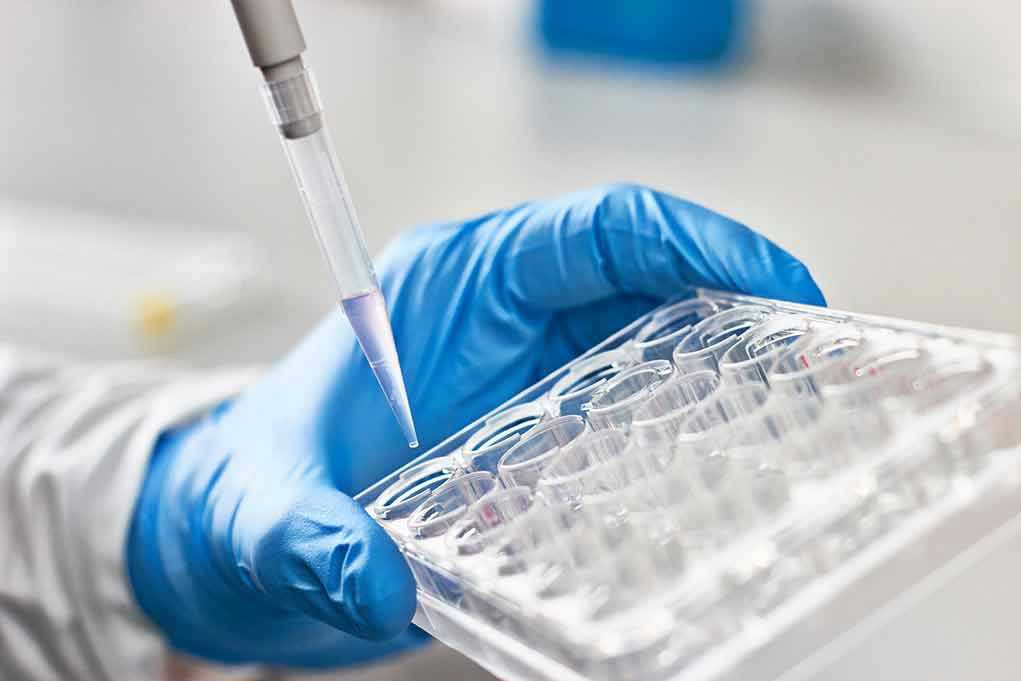
What if the single most powerful lever to lower depression risk in women by nearly half isn’t a prescription, but a fork—and the food on it?
Story Snapshot
- Dietary patterns rich in ultra-processed foods (UPFs) sharply increase depression risk in women—by up to 50% in the largest studies.
- Recent headlines tout a 62% risk reduction, but the strongest data show meaningful, though more moderate, benefits from cutting UPFs and embracing whole foods.
- The relationship between food and mood is more pronounced in women, especially ages 42–62, than in men.
- Artificial sweeteners and beverages are key offenders; the Mediterranean diet emerges as a protective pattern.
Ultra-Processed Foods, Women, and the Depression Dilemma
Every day, millions of women reach for convenience—packaged snacks, sweetened drinks, ready-to-eat meals—without realizing these ultra-processed foods (UPFs) may quietly undermine their mental health. A landmark September 2023 study in JAMA Network Open tracked over 31,000 U.S. women and found those consuming the most UPFs faced a 50% higher risk of developing depression compared to those with the lowest intake. This isn’t hype-driven clickbait; it’s a rigorously adjusted, prospective cohort analysis that cut through decades of dietary noise to sound a warning specifically for women. The effect is so pronounced that swapping just three daily servings of UPFs for whole, minimally processed options yielded statistically significant reductions in depression risk. While some media have fixated on a 62% risk reduction, the most robust studies suggest the true benefit, though less dramatic, is still life-changing for millions.
The NOVA classification system, which systematically categorizes foods by processing level, enabled researchers to pinpoint the culprits. Artificially sweetened beverages and foods loaded with additives top the risk charts. Harvard Health experts echoed these findings in 2025, emphasizing the need to limit UPFs—especially for women, who appear biologically more susceptible to their mental health effects. The evidence is strong enough that public health advocates and clinicians are now weighing whether to recommend not just fewer calories or less fat, but less processing, as a front-line defense against depression in women.
Food, Mood, and the Female Brain: Why Women Are Hit Harder
Depression doesn’t strike randomly; women are disproportionately affected, and emerging science suggests food choices play a starring role. Unlike older theories that blamed isolated nutrient deficiencies, new research focuses on dietary patterns—how combinations of foods, not just single ingredients, shape brain chemistry, inflammation, and even the gut microbiome. Women ages 42–62, the heart of the Nurses’ Health Study II cohort, showed the strongest associations: as their UPF intake climbed, so did their depression risk. The Mediterranean diet, rich in fruits, vegetables, legumes, and olive oil, consistently protected against depression. This isn’t merely correlation; scientists controlled for confounders like socioeconomic status, physical activity, and comorbid conditions, making the association particularly compelling for anyone seeking common-sense, actionable prevention.
Artificial sweeteners and sugar-laden drinks drew special scrutiny. Their consumption had an outsized impact, suggesting not all UPFs are equally hazardous. Biological mechanisms are under the microscope: gut-brain axis disruption, systemic inflammation, and neurotransmitter imbalances may all play a part. Harvard and international researchers agree—while we can’t yet declare causality, the evidence base is sturdy enough for women to reconsider what’s on their plates, especially given the rising rates of depression and UPF consumption worldwide.
The Battle Over Headlines: Separating Fact from Hype
Media coverage in 2025 seized on the 62% figure—a tantalizing promise that eating more of a single food or food group could almost guarantee a depression-free life. But a closer reading of the original studies, especially the JAMA Network Open data, reveals a more nuanced reality. The most credible studies show risk reductions in the range of 16 to 50%, depending on age group, specific foods, and magnitude of dietary change. What gets lost in translation is the complexity: dietary shifts work best when they emphasize whole, minimally processed foods, rather than magic bullets. The Mediterranean diet’s benefits likely stem from its overall pattern, not any single food. Headlines may exaggerate, but the core message stands—diet is a modifiable risk factor worthy of attention, especially for women navigating midlife mental health challenges.
Researchers, clinicians, and public health policymakers are now caught in a balancing act. They must communicate the urgency of these findings without overpromising. The food industry faces mounting pressure to reformulate products and clarify labeling, while mental health professionals increasingly recognize nutrition as part of comprehensive care. For women, the stakes are personal and immediate: every food choice can tip the scales toward resilience or risk.
Sources:
News Medical: Women face higher depression risk from unhealthy food
Harvard Health: Ultraprocessed foods may raise depression risks
JAMA Network Open: Association Between Ultraprocessed Food Consumption and Risk of Depression
Frontiers in Nutrition: Dietary Patterns and Depression















